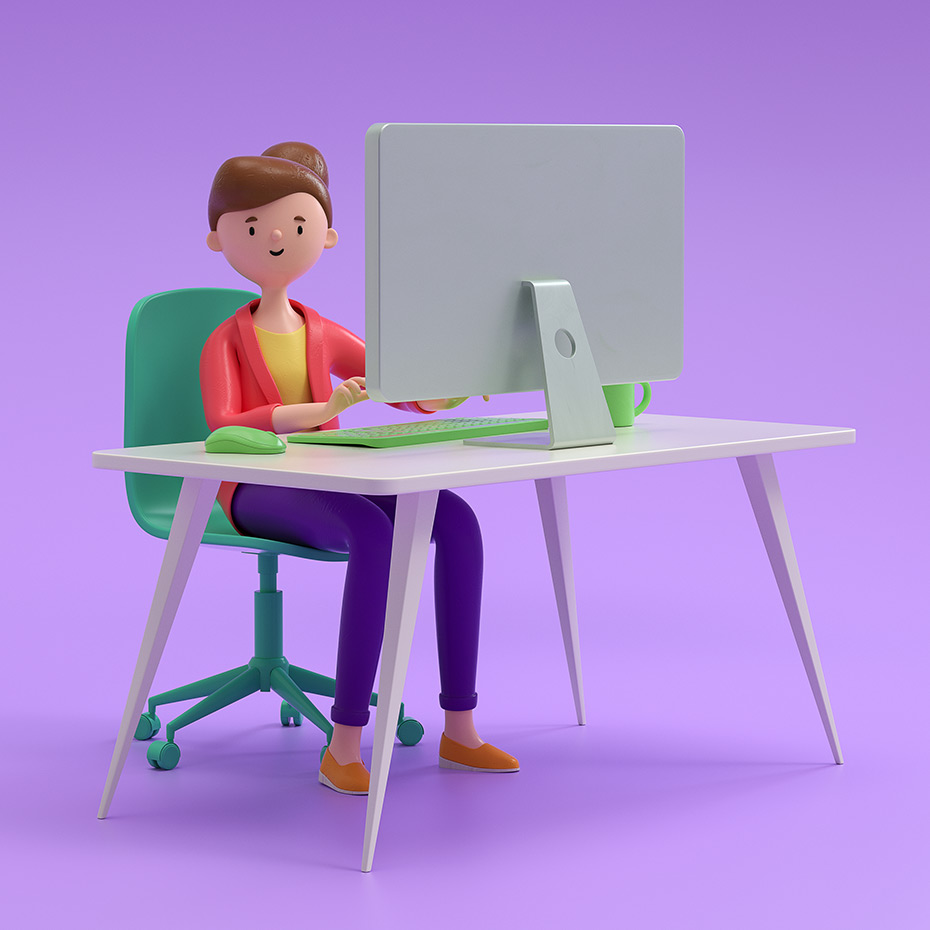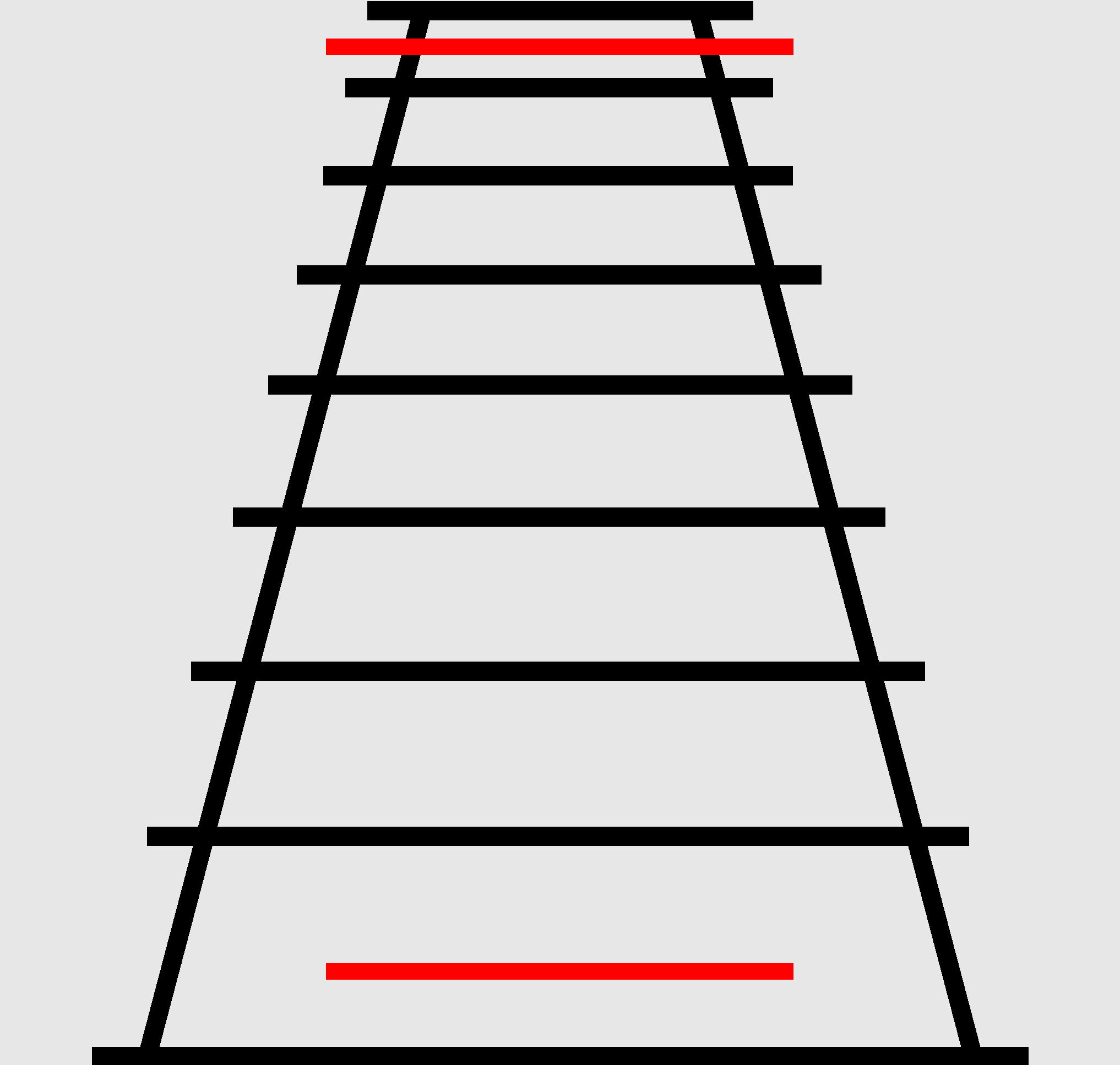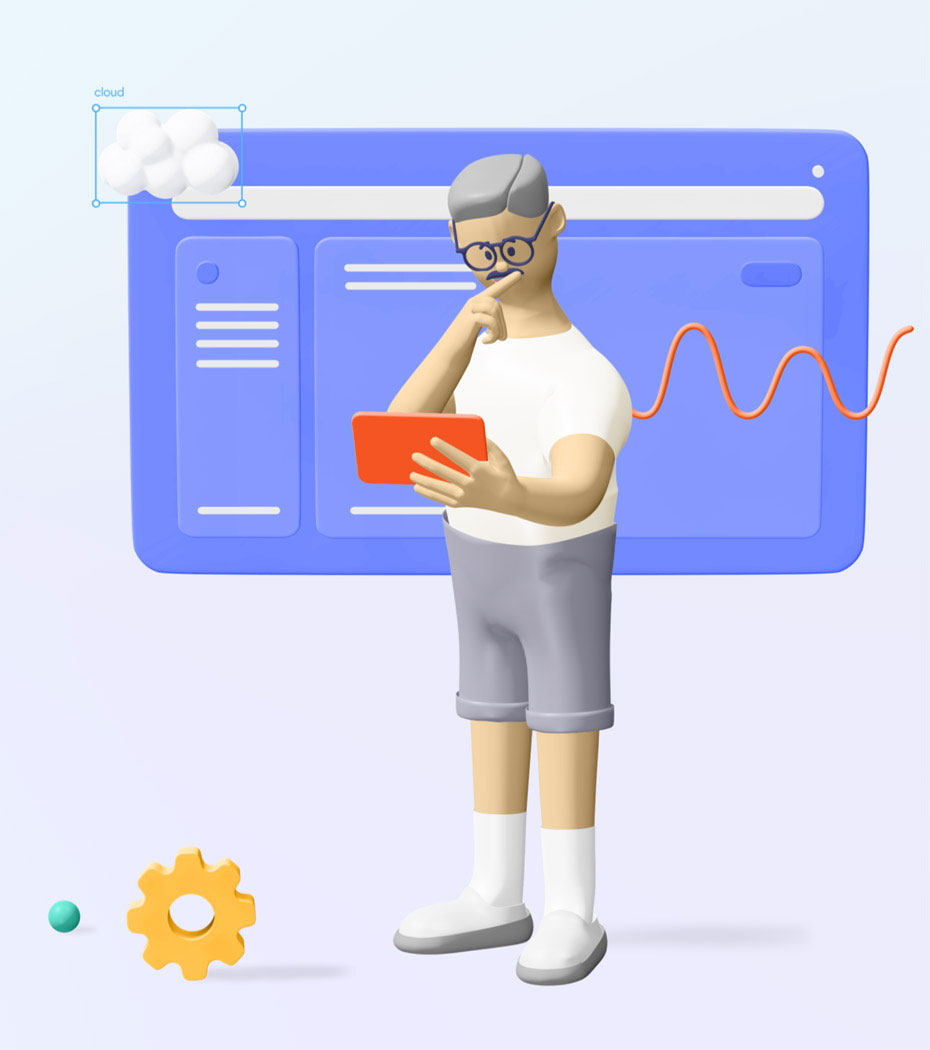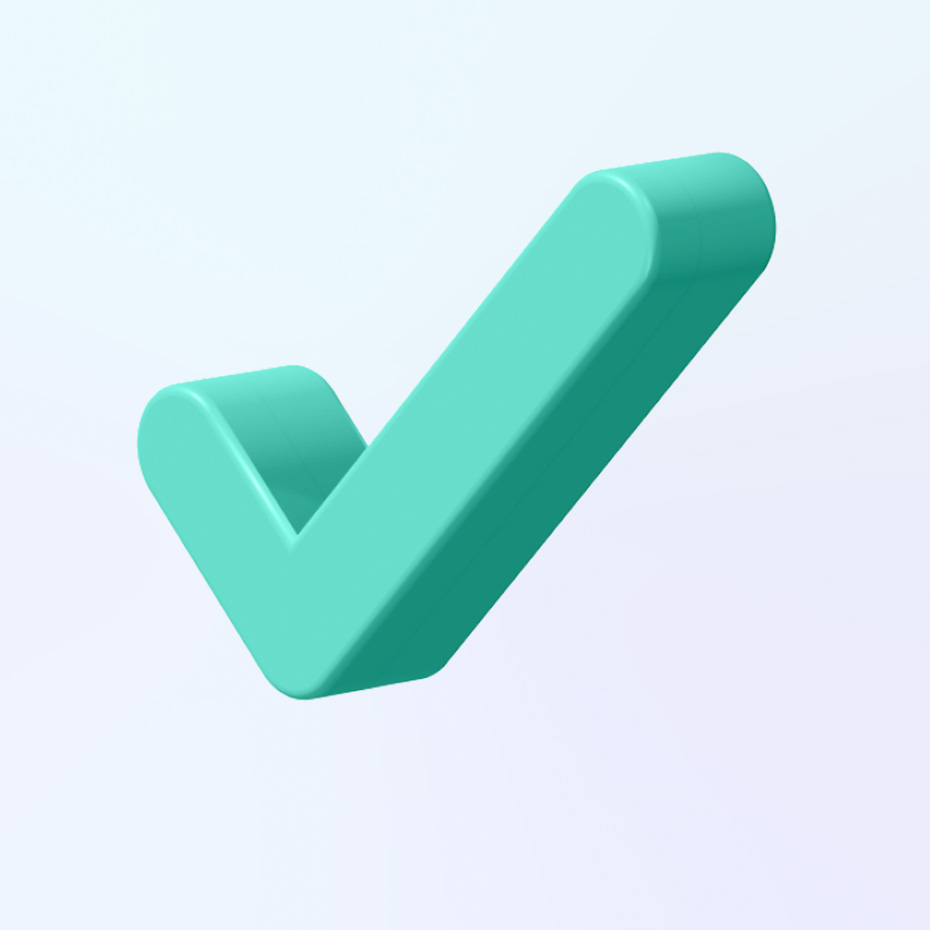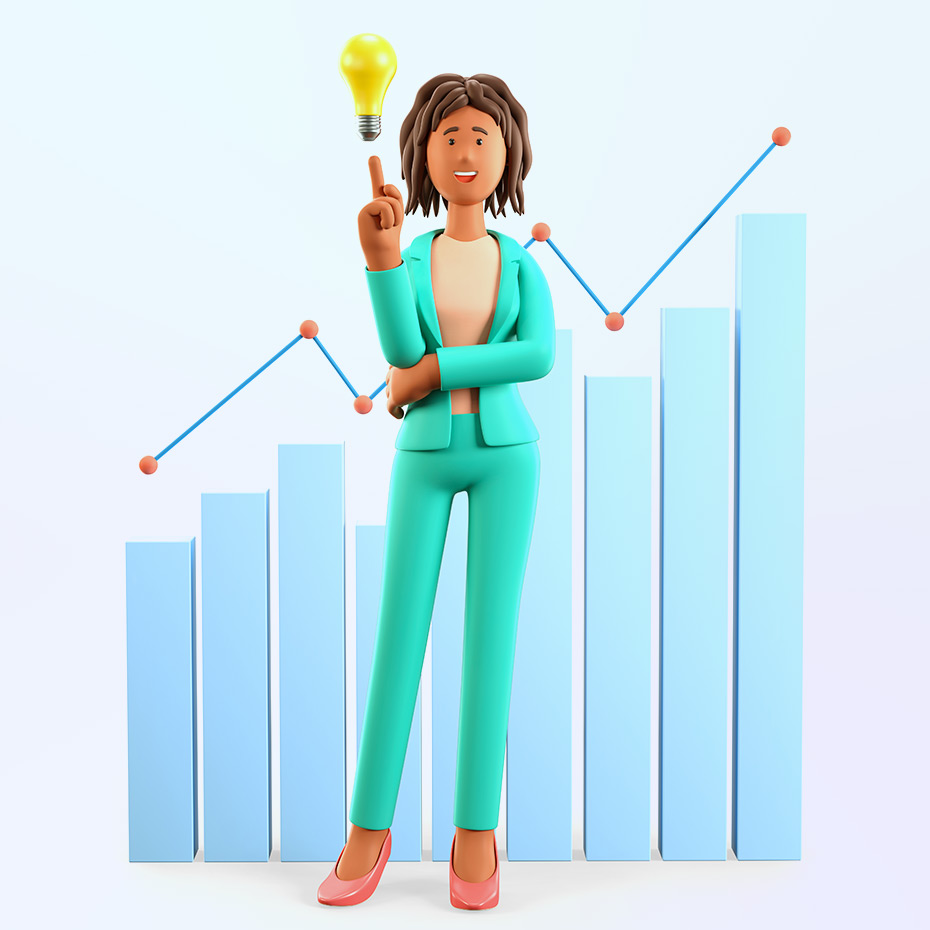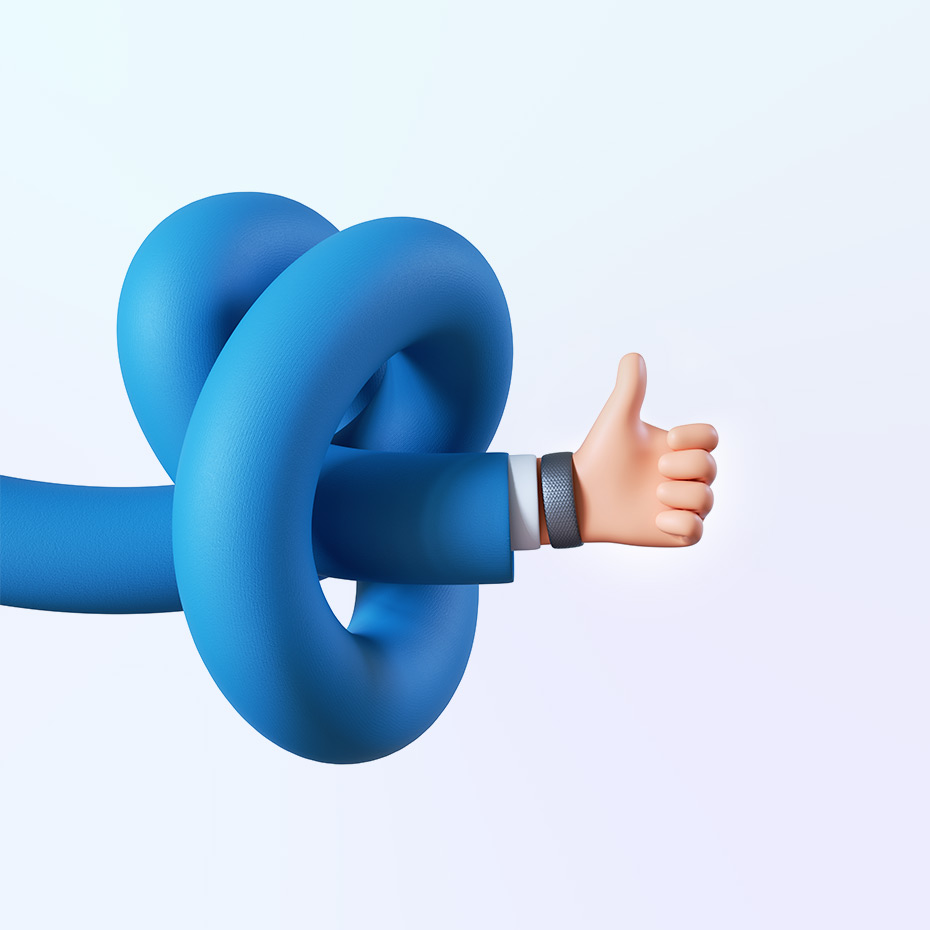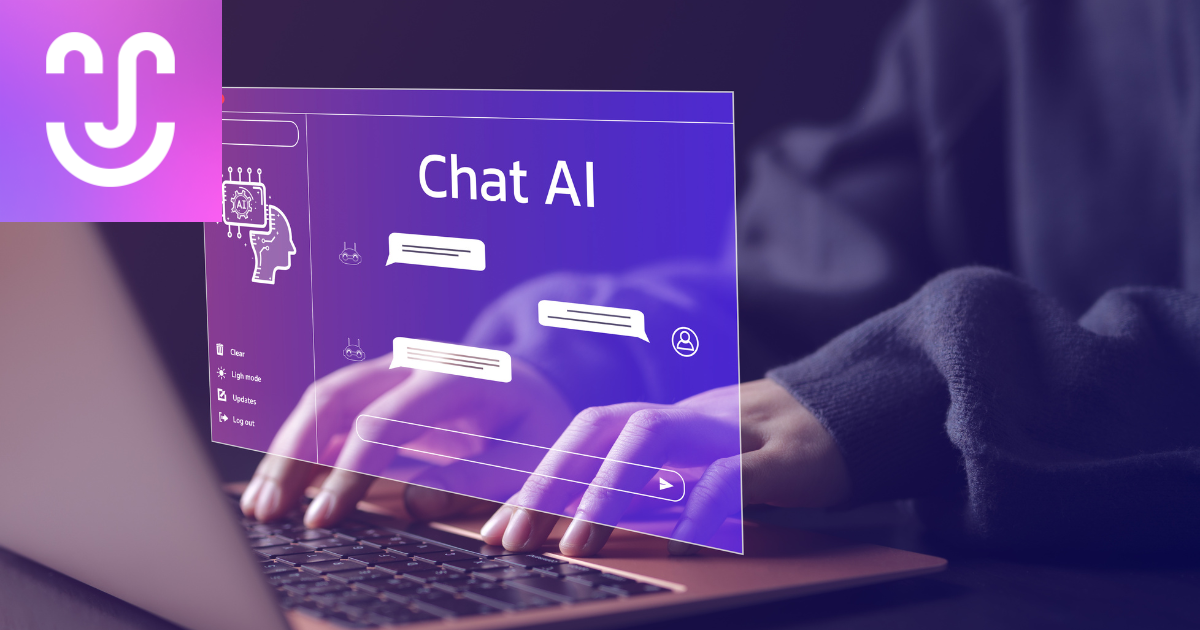Artificial intelligence is a preferred solution for overcoming cognitive biases. It helps structure HR processes in an objective way, whether it be for recruitment, decision-making or performance evaluation.
Cognitive biases are well documented in human psychology. In the face of the constant stimuli and the large volume of information we are constantly exposed to, they are shortcuts created by the human brain to speed up decision-making. They require less effort from our brain than analytical reasoning based on many criteria and much information.
At Airudi, diversity and inclusion are key aspects of our DNA. We believe it’s important to undertake the self-reflection needed to become aware of the existence of biases and to adopt optimal strategies to overcome them. We develop artificial intelligence that is a relevant, effective tool for overcoming unconscious human biases while creating more value for organizations.
What are cognitive biases?
“Cognitive biases are errors in judgement that the human brain makes in a systematic way. These are times when your thinking isn’t logical, even though you’re convinced that it is,” explains psychiatrist Marie-Ève Cotton (interview in French). She makes an analogy with the concept of an optical illusion. In the image below (the Ponzo illusion), we have the impression that the two yellow lines are not the same length because of the context, but they are in fact the same size.
The concept of cognitive bias is similar, but instead of our vision being deceived by an illusion, it’s our judgement that is deceived.
Cognitive biases are the result of years of evolution of the brain, enabling it to think quickly and deal with the multitude of information to which it is exposed. These spontaneous reflexes were extremely useful throughout evolution, allowing humans to quickly recognize dangers and ensure their survival (for example, identifying a snake in the forest when they saw a long, thin object).
Obviously, our survival is no longer threatened on a daily basis, but cognitive biases remain. These can have very real consequences in human resources. Take recruitment, for example. During an interview, a recruiter must go beyond their first impression of a candidate or their “feeling” to thoroughly evaluate their skills. The decision must be based on objective data to avoid automatic decisions.
Cognitive biases can lead to discriminatory decisions, whether they are conscious or not. In addition to potentially affecting the diversity, richness and morale of your organization, unconscious biases can have very real legal implications. Organizations must ensure that their processes and policies are in line with the Quebec Charter of Rights and Freedoms. This protects against several types of discrimination:
- Age
- Race
- Social condition
- Religion
- Marital status
- Skin colour
- Disability
- Criminal record
- Sex
- Gender identity or experience
- Pregnancy
- Sexual orientation
- Language
- Ethnic/national origin
AI as a tool to prevent biases
Human resources departments have become aware of cognitive biases and have developed strategies and tactics to overcome them, such as anonymizing resumes (names, addresses, alma maters, etc.). In short, HR professionals are the standard-bearers for progress in workplace diversity and inclusion.
Artificial intelligence is now a preferred solution for expanding the capabilities of human resources departments. It helps structure HR processes in an objective way, whether it be for recruitment, decision-making or performance evaluation. It speeds up data collection and enables quick, thorough analysis.
How AI can help with recruitment
There are excellent explanations of recruitment bias in the “Unconscious Bias and Recruiting” flyer produced by IVADO, the International Observatory on the Societal Impacts of Artificial Intelligence and Digital Technology (OBVIA), the Quebec Equity, Diversity, Inclusion Network (RQÉDI) and the University of Montreal.
Stereotype bias
Stereotypes help people categorize the world. These are beliefs that we hold about individuals because of their belonging (real or assumed) to a particular group. Our stereotypes influence our perceptions of individuals and can lead us to jump to conclusions.
Prototype bias
Prototypes are preconceived notions about the type of person you would like to recruit or promote. Candidates may be excluded from opportunities because they don’t fit the limited vision of the prototype, in spite of the suitability or potential of their profile.
First impression bias
First impressions can strongly distort our judgement. Once we have formed our first impression, it becomes extremely difficult to consider other information to reconsider our judgement.
Similarity bias
Similarity bias is the propensity to have positive feelings about people who are similar to us (in ethnicity, religion or socio-professional status, for example). Conversely, this bias can lead us to judge an individual negatively because we perceive them as being very different from us.
AI as a solution to recruitment biases
Artificial intelligence makes it possible to recruit better, faster and on a larger scale. At Airudi, our AI thoroughly reads profiles while genuinely understanding the needs of the position to be filled. It finds candidates that match what you are really looking for. Our AI pays no attention to identity groups, the person’s name or other discriminatory factors that unconscious bias might have created.
It focuses on analyzing candidate qualifications. Our algorithms go beyond keywords and recognize career profiles. The AI presents the applications with a points system that shows the compatibility level based on the position. It helps the recruiter conduct structured interviews with standardized questions. This ensures the implementation of fair, objective processes.
How AI can help with decision-making
There are also a number of cognitive biases in decision-making. Here are some of them, listed (in French) by Harvard Business Review France.
Zajonc bias or the mere-exposure effect
This bias is characterized by an increased probability of having a positive feeling about someone or something through repeated exposure to that person or object. In a decision-making context, we might heed advice from a colleague simply because we have known that person for many years. But their advice may not be the best from an objective point of view.
Overconfidence bias
This bias frequently affects experienced people. It involves subjective confidence in our abilities, and is mainly manifested by the following:
- Feeling that we know more than we really do.
- Having the impression that we’re more competent than we really are.
- Being overconfident in our ability to interpret the information at hand.
- Overestimating the probability of an uncertain set of events on which a prediction must be made.
Confirmation bias
This cognitive bias involves favouring information that confirms our preconceived ideas or giving less weight to information that contradicts our assumptions. Confirmation bias takes place when a person selectively recalls memorized information and interprets it in a biased manner.
AI as a solution to help decision-making
Our AI supports human resources in decision-making by providing instant, informed recommendations based on best practices. Our technology solution developed for HR and powered by artificial intelligence can read, analyze and understand all the data you allow it to access. When you give it a problem, the AI uses its knowledge to make recommendations based on your rules, processes and previous decisions. By following the laws and standards in force, our platform supports you in ensuring your legal compliance.
The AI acts as an adviser and provides objective analyses of your data. It is by your side to help you make optimal, unbiased decisions more quickly.
How AI can help with performance evaluation
Everybody has strengths and weaknesses, and all people are different. It is important to keep in mind that cognitive biases can also arise in performance evaluation. Here are some examples of biases, as explained in the “Unconscious Bias and Recruiting” flyer.
Contrast effect bias
The contrast effect refers to our natural tendency to compare, as this is often the basis of our judgement. For example, in interviews, we tend to evaluate a candidate more favourably if we meet them right after a “disappointing” candidate. In cases like this, it is best to refer to the job requirements to objectively evaluate the candidates.
Personal preference bias
Naturally, we tend to be more tolerant of people we like on a personal level and more judgemental of those we don’t.
Similarity bias
Similarity bias is the propensity to have positive feelings about people who are similar to us (in ethnicity, religion or socio-professional status, for example). Conversely, this bias can lead us to judge an individual negatively because we perceive them as being very different from us.
Negativity bias
The negativity bias refers to human beings’ natural tendency to retain more negative experiences, interactions and information. Studies have shown that we need to experience a significant number of positive experiences to counterbalance one negative experience.
AI as a solution for performance evaluation
Our platform offers an integrated, people-centric approach. It enables managers to better target and prioritize each employee’s development areas. This prevents a biased comparison between employees.
Performance evaluation should be ongoing and objective. Our approach allows for evaluation of various criteria defined by the organization, such as quality of work, productivity and communication skills. Our platform gives employees positive reinforcement and personalized advice to fine-tune their performance. This means that managers can prioritize personalized support and recognize progress without falling into the traps of their unconscious biases.
The importance of diversity in AI research
AI and algorithms help structure HR processes that prevent discrimination. It is important that the algorithms be trained with objective data collected in a repeatable way, in order to avoid human biases in the digital tools.
The AI researchers at Airudi come from a range of identity groups and socioeconomic backgrounds. This variety of perspectives helps reduce and combat the presence of bias. At Airudi, we support continuous introspection and dialogue within our team, with our clients and with the scientific community. This is how we develop objective, responsible and fair technologies and processes.
Together, we can create a more inclusive, engaging and successful work environment for all candidates, employees and managers.
Pape Wade M.Sc.
Cofounder et CEO
pape.wade@airudi.com
Amanda Arciero, M.Sc., CRHA
Vice President of Operations
amanda.arciero@airudi.com



